“What are psychological aspects that affect sleep?”
“There are nine psychological factors that affect sleep:
1. Self-blame
2. Expectation
3. Fear of insomnia psychology
4. Dream harmful psychology
5. Conflict psychology
6. Psychology of compensation
7. Reappearance of the effects of childhood trauma
8. Exaggerating or misestimating the consequences of insufficient insomnia
9. Psychological dependence on sedative hypnotics”

1. Self-blame
Many people feel guilty and self-blame when they do something wrong or cause some bad results for their own reasons. Then they replay the entire process in their minds, regretting the way they handled the incident, and thinking about how I would have done it now. This will make the brain cells continue to be in an excited state, resulting in a long time can not sleep.
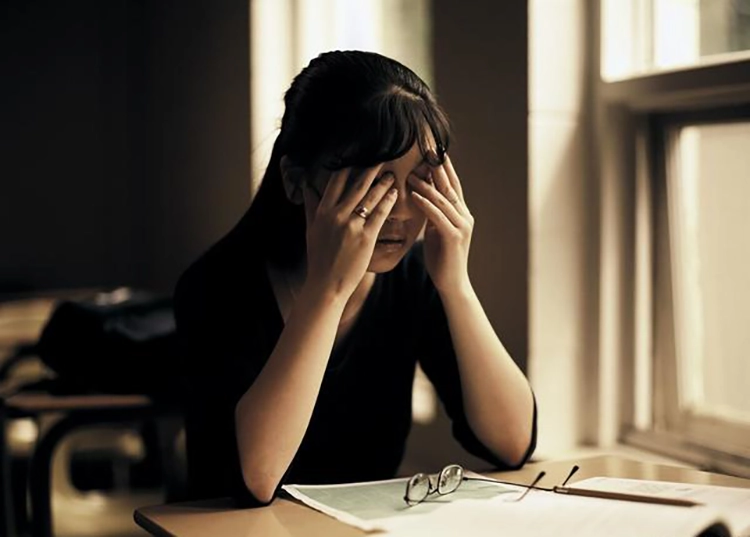
2. Anticipation psychology
People can’t fall asleep at night and wake up early in the morning because they’re so excited about something and worried about oversleeping and delaying it.
For example, a friend arrives on an early morning train and asks you to pick him up. You have an important exam to take the next day. This causes brain cells to be active for a long time, which naturally makes it difficult to fall asleep.
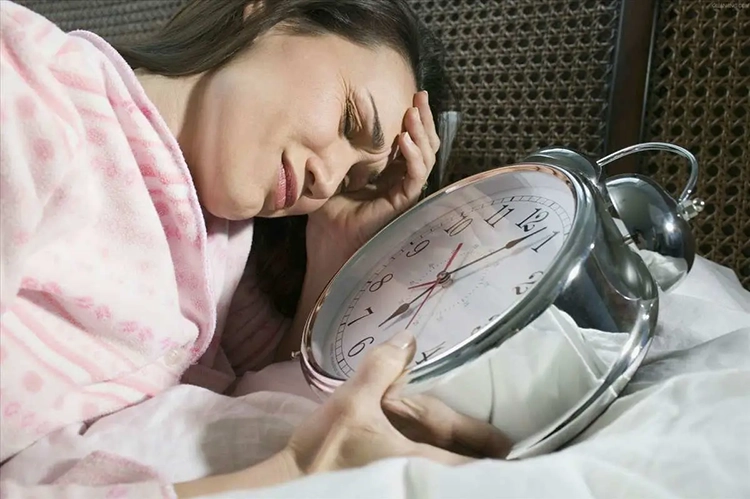
3. Fear of insomnia
Some often insomnia patients often appear a “insomnia anticipation anxiety” phenomenon.
When did not go to bed at night, sleepy watching TV can fall asleep, but as soon as lying in bed, they worry about their insomnia can not sleep, or try to let themselves fall asleep as soon as possible, but often the harder the more can not sleep.
How does this work? It turns out that the higher neural activity in the cerebral cortex is divided into two processes: inhibition and excitation. During the day, during work and life, the brain cells are in a state of excitement. At night tired brain cells will be self rest, into the state of inhibition to conserve energy, then, people will have sleepiness, need to sleep.
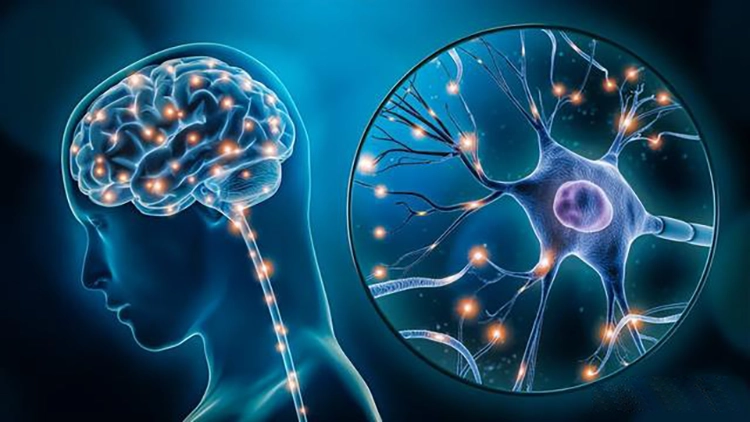
People in the thinking time is the brain cells excited time, lying in bed, the more want to fall asleep, the more consider the problem of insomnia brain cells will be more excited, so the more afraid of insomnia, forcing themselves to sleep, the activity of brain cells will be more excited naturally led to insomnia.

4. Dream harmful psychology
Many people who consider themselves insomnacs have an incorrect attitude toward night dreaming, believing that dreaming can affect the quality of sleep. It is this wrong idea that causes people to feel anxious and worry that they will dream after sleep, which leads to insomnia. In fact, this is a misconception that dreaming is not the same as insomnia.
Studies have found that dreamless sleep is not only bad, but also a sign of brain damage.
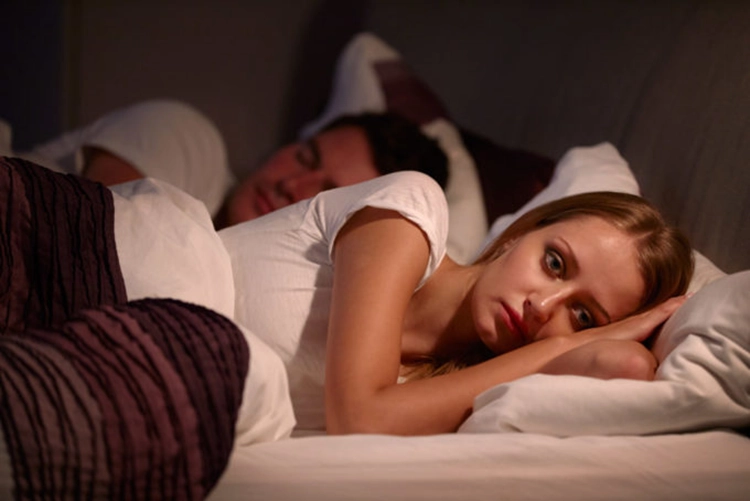
5. Conflict psychology
When stimulated by unexpected events, in a state of dilemma, anxiety and excitement, this psychological state will interfere with normal sleep patterns, so that at night when you sleep, you also think about it, in order to find the best solution.

6. Compensation psychology
Many people with sleep disorders resort to staying in bed during the day to try to compensate for the sleep they lost the night before. As a result, the more anxious they are to catch up on sleep, the more unable they are to fall asleep, the groggy day, the natural biological clock is disrupted, and the insomnia at night is even heavier, forming a vicious cycle.
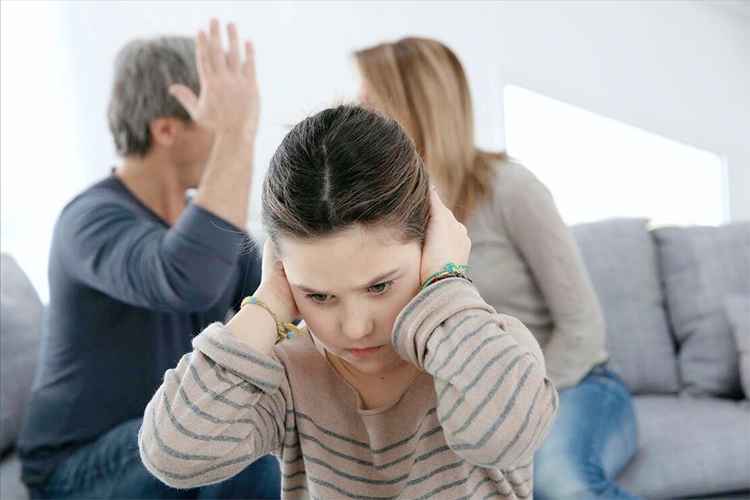
7. Reappearance of childhood trauma
Some people who have suffered psychological trauma in childhood such as abuse, intimidation, severe punishment, and loss of loved ones often feel fear at night and cannot sleep for a long time, or they are scared to wake up and cannot sleep again after repeating those terrible events in their dreams.
Although this situation will slowly improve with age, if you encounter similar childhood experiences again, it is likely to be severely stimulated, and the psychological trauma repressed in the latent healing will be reproduced in a strong way, resulting in sleepless nights.

8. Exaggerating or misestimating the consequences of insufficient sleep
Some insomnia patients think that lack of sleep will cause great damage to the important organs of the body, so excessive worry, some people think that only 8 hours of sleep a day, in order to meet their physiological requirements, and not meet the requirements, this concept will naturally cause emotional tension, aggravate insomnia.

9. Psychological dependence on sedative hypnotic drugs
Some insomnia patients taking sleeping drugs has reached the amount of treatment, and because of long-term medication, subjective assumption that they must not be sensitive to drugs, so repeated requests to increase drugs, and therefore worried, affecting sleep. Certain adverse reactions, and easy to produce drug dependence and abuse, so psychological treatment of sleep.

